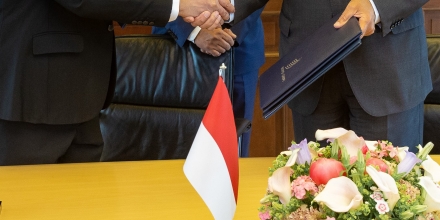Effects of corruption on formula-based intergovernmental fiscal transfer allocations in Indonesia

Event details
ACDE Seminar
Date & time
Venue
Speaker
Contacts
Fiscal transfers from the central government to local governments are of paramount importance in financing local service delivery, especially in developing countries. In this context formula-based intergovernmental transfers are thought to be especially effective in maximising the potential economic benefits of decentralised public sectors and minimising political influence. However, recent research emphasises that formula-based transfers may not be as immune to political manipulation as previously thought. I investigate the impact of local public corruption on the distribution of formula-based transfers. Focusing on the case of Indonesia, I find that corruption has no direct effect on formula-based grants. However, corruption does indirectly affect transfer allocations through its impact on district personnel spending, which serves as a key factor in the allocation formula. Rising corruption leads to increased district spending on civil servant salaries and allowances, which in turn inadvertently results in greater transfer revenue for districts. I determine that increased corruption-induced personnel spending is largely a function of rising teacher salary payments.
Updated: 26 April 2024/Responsible Officer: Crawford Engagement/Page Contact: CAP Web Team











